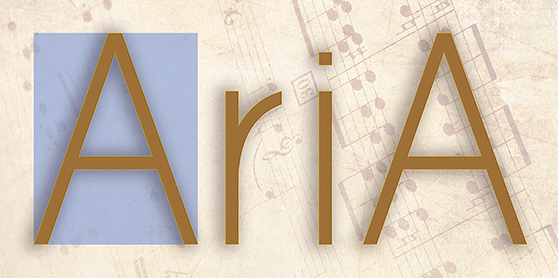Janusz Korczak was born in Warsaw in 1878. Working as a doctor in a children's hospital and educator in summer camps for underprivileged children he always treated needy patients free of charge.
That period was marked by several wars, and serving as a doctor in the Russian army during the Russo-Japanese war, Korczak wrote: "Before a country starts a war, it should think of an innocent child who will be wounded, killed or orphaned. No cause for war is sufficient to deprive a child - the right to happiness".
He founded and until the end of his life ran an orphanage in Warsaw. He also wrote stories, children's books and philosophical writings on education and children's rights, and hosted radio programmes on these subjects. He was one of the world's first critics of corporal punishment of children. His reputation as a great thinker and humanist was great throughout Eastern Europe.

With the outbreak of the Second World War and the Holocaust, this great man was deprived of many of his duties and privileges, so he concentrated entirely on caring for orphaned children. When persecution intensified, they wanted to arrange for the teacher to leave the country, but he refused to leave the children behind.
Janusz also decided not to emigrate to Palestine before the occupation of Poland, so as not to leave the Orphanage to its fate on the eve of the terrible events.
The teacher and his children were isolated in the ghetto, where life became increasingly difficult due to disease and starvation. Eventually the Germans emptied the ghetto, and the teacher and children were sent to the Treblinka death camp.
When all the inhabitants of the Orphanage had already boarded the train to the camp, an SS officer approached the writer and asked:
- Did you write King Matiusz? I read that book as a child. It's a good book. You're free to go.
- And the children?
- The children will go. But you can leave the carriage.
- Wrong. I can't. Not all people are scum.
A few days later at the Treblinka concentration camp, he entered the gas chamber together with the children of the "Orphanage". On his way to death he held the two youngest children in his arms.
There were many witnesses to the children's march towards Treblinka concentration camp. It is said that Janusz tried until the very end to allay the fears of the children who walked with him hand in hand towards death. He told the children that they would now reach the forest, where there were many berries and delicious spring water.
The youngest of the children were two-year-old toddlers.

Janusz Korczak and his 10 Commandments for parents.
In addition to his many children's books and academic writings, this amazing man has compiled 10 parenting principles that everyone should know:
- Don't expect your child to be like you or like you want him to be. Help him or her to become not you, but you.
- Don't ask a child to pay you for everything you have done for him. You gave him life, how can he thank you? He will give life to another, he will give life to a third, and that is the irrevocable law of gratitude.
- Don't take your grudges out on a child, so that you won't eat bitter bread in your old age. For as you sow, so shall it grow.
- Don't look down on his problems. Life is for everyone, and be sure it is just as hard for him as it is for you, and maybe even harder, because he has no experience.
- Don't humiliate!
- Don't forget that a person's most important encounters are with their children. Pay more attention to them - we can never know who we meet in a child.
- Don't torture yourself if you can't do something for your child, just remember: not enough has been done for your child unless everything possible has been done.
- A child is not a tyrant who takes over your whole life, not just a fruit of flesh and blood. It is that precious cup that Life has given you to keep and develop in it the creative fire. It is the liberated love of the mother and father who will grow not "our", "your" child, but the soul given for safekeeping.
- Know how to love someone else's child. Never do to someone else what you wouldn't want done to yours.
- Love your child in every way - the untalented, the unsuccessful, the adult. When you are with your child, be happy, because the child is a holiday, which, for now, with you.


 and then
and then 
